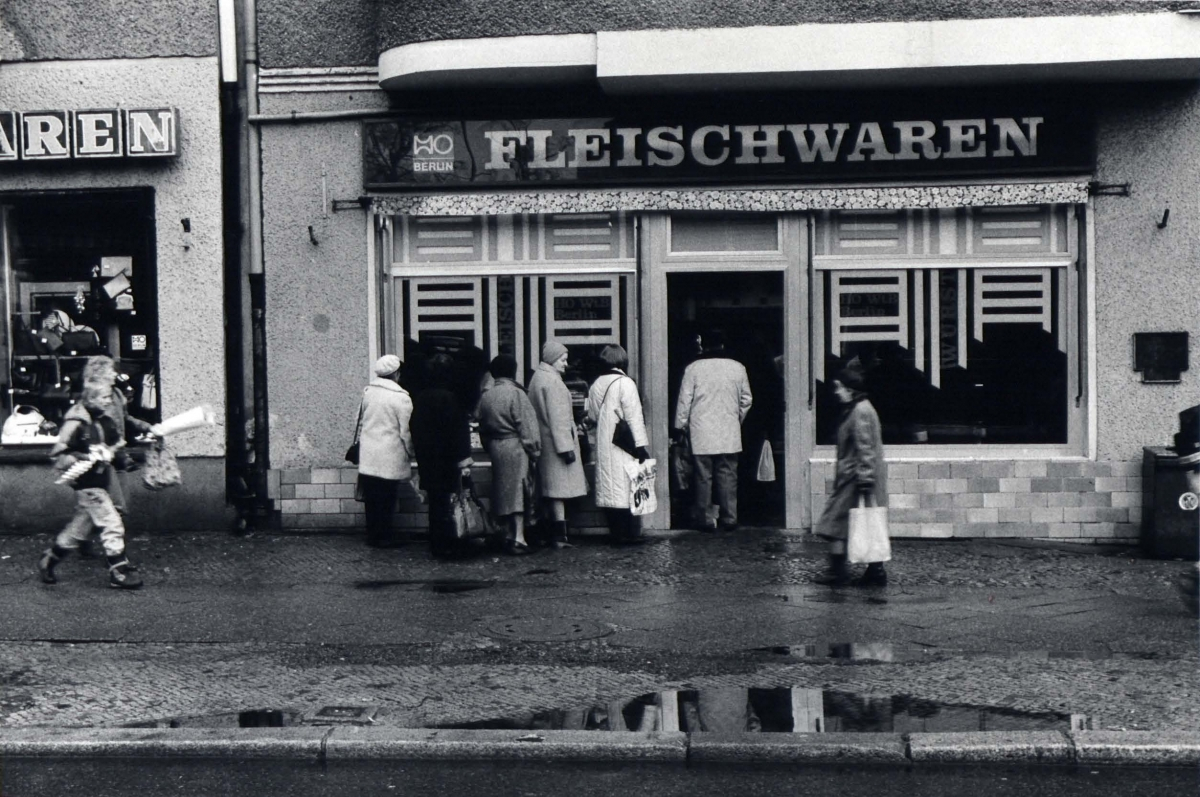Clemens Villinger
Completed PhD project
Funded by the Leibniz Association as part of the Leibniz Competition, 2016-2019
Access to consumer goods is considered one of the central motives for large parts of the East German population engaging in the revolutionary events of 1989. After consolidating and improving the supply of consumer goods in the 1960s and 1970s, the situation changed during the period of late socialism. The population regularly faced shortages and supply problems in their everyday lives. Certain subsidised goods, like basic foodstuffs, were extremely cheap and widely available, whilst other commodities could only be acquired through privileged access or a system of personal networks. These circumstances raise questions about how East Germans defined themselves through their consumption practices and which solutions they developed to overcome supply shortages. Reunification shifted the coordinates and required an adjustment of everyday practices of consumption. Socialist modes of consumption, like DIY or sharing, had to be adapted to the new circumstances, whilst the rules of capitalist consumption had to be learned anew. After a short phase of fulfilling personal wishes, the transformation of the job market and mass unemployment in East Germany quickly limited the possibilities of personal consumption. Did these limitations lead to disappointments within the East German population? How were the socialist modes of consumption remembered whilst new modes of consumption were adopted? Did political change produce a new ‘citizen consumer’ in East Germany who referred to certain skills and knowledge about consumption acquired during the socialist era?
Considering these developments in the lifeworld of East Germans, the project analysed the modification of consumption practices via three different case studies of a village, a smaller town and a city. The study combined archival sources with oral history and the secondary analysis of social science data such as data from the socio-economic panel and ethnological research projects.
On September 30, 2021, Clemens Villinger completed his dissertation entitled "From Unjust Plan to Just Market? Consumption, Everyday Life and Social Inequality in the Long History of the 'Wende'" at the Max Weber College of the University of Erfurt with the overall grade summa cum laude.

